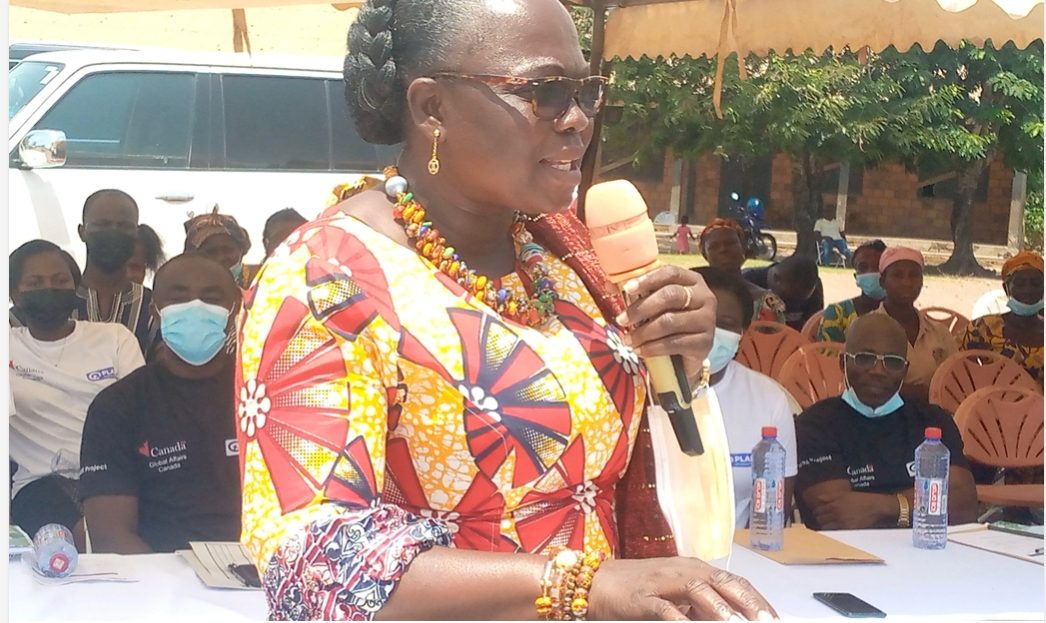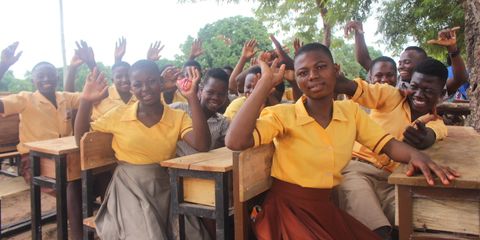Plan International Ghana is supporting over 12,500 women to become economically self-reliant.

The women from Bono, Bono East, Ahafo, and Northern regions are being provided with technical training in beekeeping, mushroom production and snail rearing, while others are engaged in the soya bean value-chain.
They are between 19 and 55 years and are from the 303 groups involved in our Women’s Innovation for Sustainable Enterprise (WISE) Project, funded by Global Affairs Canada.
The WISE Project, according to Mrs Patricia Gyan-Bassaw, the Project Lead, provides viable economic opportunities for women and empowers them to be innovative in increasing their income.
In an interview with the Ghana News Agency on the side lines of a durbar to mark this year’s International Women’s Day, held in the Sunyani Municipality, Mrs. Gyan-Bassaw said the project would greatly improve the livelihoods of the women.
Support for women’s businesses
“The WISE Project focuses on empowering women to engage in viable economic ventures by supporting them to improve the agency, productivity, profitability, and innovation of their businesses,” she said.
International Women’s Day is a global event initiated by the United Nations to celebrate women and highlight their cultural, political and socioeconomic achievements across the globe.
Investing in women’s economic empowerment sets a direct path towards gender equality, poverty eradication, and inclusive economic growth.
At the dubar to mark International Women’s Day, Mrs. Gyan-Bassaw said women’s equal access to land and affordable financial services and information must to be prioritised so they can pursue their ambitions financially.
Female economic empowerment has many benefits
“Investing in women’s economic empowerment sets a direct path towards gender equality, poverty eradication, and inclusive economic growth. In fact, when a woman thrives, all of society benefits,” she said.
Mrs. Gyan-Bassaw underlined the need for rural women and girls to find decent work, social protection, education, training, financial inclusion, decision-making, and leadership.
She said eliminating gender, sexual and domestic violence and harmful practices would enable women and girls to adapt to current global challenges, including climate change and position them on the path to sustainable economic growth.
Women lead economic growth
Madam Justina Owusu-Banahene, the Bono Regional Minister, encouraged women to take responsibility in leadership positions and play their pivotal roles to positively impact society.
“Career and motherhood can go together, and we must therefore strive to access productive resources including information and support systems to push and achieve our socioeconomic successes,” she said. “Having women in leadership positions should become the norm and not an exception.”
Categories: Skills and work


